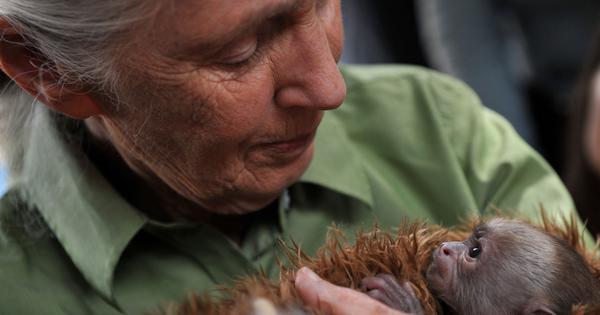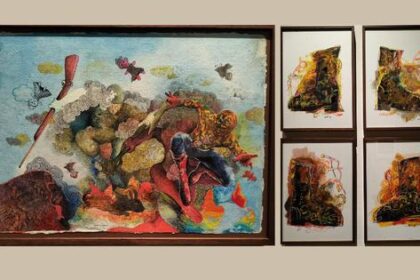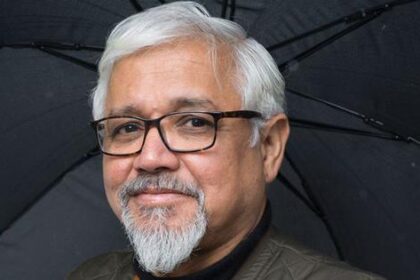Renowned primatologist Jane Goodall leaves behind a legacy of conservation and hope for future generations.
Jane Goodall, who passed away at the age of 91, was a pioneering figure in primatology and conservation. Her extensive research in the forests of East Africa fundamentally transformed the understanding of chimpanzees and their relationship to humans. What began as an unlikely venture into the field, armed with little more than a notebook and binoculars, evolved into a remarkable career that spanned over six decades.
Goodall’s early work at Gombe Stream Game Reserve in Tanzania was groundbreaking. She challenged long-standing perceptions about chimpanzees, demonstrating that they possess complex social structures and emotional lives. Through her observations, she revealed that these animals engage in behaviors previously thought exclusive to humans, such as tool-making. This revelation prompted anthropologist Louis Leakey, who had mentored Goodall, to suggest that humanity would need to rethink its understanding of itself in light of her findings.
Born Valerie Jane Morris-Goodall in London on April 3, 1934, Goodall grew up during the Second World War in a modest household that encouraged her curiosity. Her fascination with animals was evident from a young age, leading her to dream of living in Africa. Although she lacked formal training in science, her determination led her to Kenya at the age of 23, where she began her collaboration with Leakey, who saw her potential and sent her to Gombe.
Initially, the chimpanzees were wary of her presence, but through persistence, she earned their trust, notably with a chimpanzee named David Greybeard. By naming her subjects and observing their individual personalities, Goodall brought a new level of understanding to ethology, challenging the prevailing notion that animals were merely instinct-driven. Her research included not only the social interactions of chimpanzees but also their capacity for aggression and conflict, revealing a more nuanced picture of their behavior.
In 1977, Goodall established the Jane Goodall Institute, which aimed to protect chimpanzees and support conservation efforts across Africa. This organization evolved into a global entity, addressing the urgent need for environmental protection alongside community development. Goodall’s holistic approach culminated in the creation of TACARE, which sought to integrate health, education, and conservation, reinforcing the idea that successful conservation initiatives must consider human welfare.
A pivotal moment in her career occurred in the 1980s when attending a primatology conference exposed her to the alarming rates of deforestation and the decline of chimpanzee populations. This experience galvanized her into activism, as she recognized the urgent need to advocate for these issues beyond her scientific work. In 1991, she founded Roots & Shoots, a youth initiative that fosters environmental stewardship and compassion for animals, which has since grown to encompass over 150,000 groups worldwide.
Throughout her life, Goodall traveled extensively, dedicating much of her time to raising awareness and inspiring action. She addressed pressing global challenges such as poverty, environmental degradation, and political shortsightedness while maintaining an unwavering belief in the potential for positive change. Her enduring message emphasized the importance of hope, resilience, and the power of individuals, especially the youth, to make a difference in the world.








